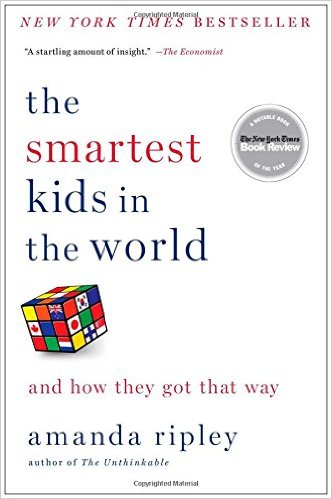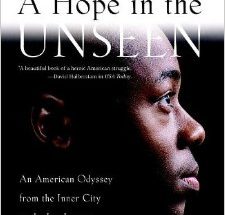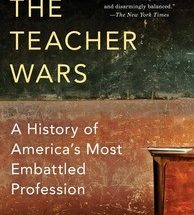
Nikhil Goyal, a 17-year-old high school graduate who isn’t planning on going to college for the next year or so, is the author of 2012’s One Size Does Not Fit All: A Student’s Assessment of School, a book that takes an exhaustive look at the U.S. school system and gives suggestions on how to transform it.
It’s not the first book Goyal has written, that came at the tender age of eight. One Size Does Not Fit All includes interviews with education experts like former Assistant Secretary of Education, Diane Ravitch and Harvard’s Howard Gardner, who proposed the theory of multiple intelligences.
The book touches on everything from standardized testing, charter schools and segregation and college debt, to the role of technology in the classroom and nurturing creativity and imagination. Goyal calls it a call to action for the stakeholders in education. And while the tone at times angry is angry, he says, “A little outrage is a good thing.”
Q: Can you describe your research and writing process? Did you have a particular structure in mind for the book all along?
I conducted my interviews and research prior to writing. That took many months. I tried to weave together a basic outline. Once I had an outline, the process was much easier so I could plan out my writing schedule.
Q: There are a lot of interesting things you uncovered in the research you did, was there anything that was particularly striking to you? For me, the information on Bright Kids NYC and pre-school prep sessions for kids at $145 a pop made me gasp in disbelief.
I was just amazed by how large a problem education is. There are so many major players in this conversation.
Q: How did you get the interviews with people like Diane Ravitch and Howard Gardner? What were the reactions you got from potential interviewees when you approached them?
I just emailed them! Most academics have their email on their faculty web pages, like Diane Ravitch and Howard Gardner. Most people were delighted to hear a young person emailing them and were glad to give some time to chat with me.
Q: Why did you use quotes at the beginnings of the chapters and how did you choose the ones you used?
I noticed that a lot of other books did that. I had gathered a lot of quotes in my research and those were the ones that best summarized my thoughts in the chapter.
Q: How did you get a publisher?
My publisher actually reached out to me by email asking if I would be interested in publishing with them. Somebody recommended that they contact me. They knew I was writing a book and had an active blog so they were interested. After months of talks and negotiation, we crafted a deal.
Q: Were you happy with the final product?
Yes, I was very happy. It was a culmination of years of hard work.
Q: What’s been the reaction to the book from your classmates? Teachers? Education activists? Students from other schools? Education policymakers?
The reaction has been overall very good. Students, parents, and educators tremendously enjoyed reading the book and hearing the thoughts from a young person.
Q: Why do you think we don’t often hear from students when it comes to education reform, what can be done to change that?
We need to give students a seat at the table. We may not always be right, but what we offer is a fresh, unique perspective in this conversation. Young people are not drowned in years of expertise, but are the ones who are fresh out of the classroom or currently in school.
Q: What do you think about what’s happening now with testing: parents opting kids out, the increase in reports of cheating?
It’s wonderful that more parents are opting their children out of testing. It’s a movement that is growing around the country. The increase of cheating goes hand-and-hand with the pressure of high-stakes testing, where cutting corners are inevitable in these environments where teachers could get fired if their students’ scores do not rise.
Q: What are your thoughts about the Common Core, is this a move forward or backward? It is a national standard, which emphasizes content and critical thinking; two things you mention are important to education in your book.
I’m not supportive of the Common Core standards. It’s yet another attempt for government to end local control of education. The standards cut up learning into academic silos and subjects and kill interdisciplinary education and creativity. We don’t need rigid standards, but broad and lax guidelines.
Q: What are you currently working on?
I’m working on a documentary with Ted Dintersmith and Tony Wagner as well as a second book. I’m also working on a campaign to reinvent college admissions to push colleges and universities to go SAT and ACT optional and implement portfolios into the process.



